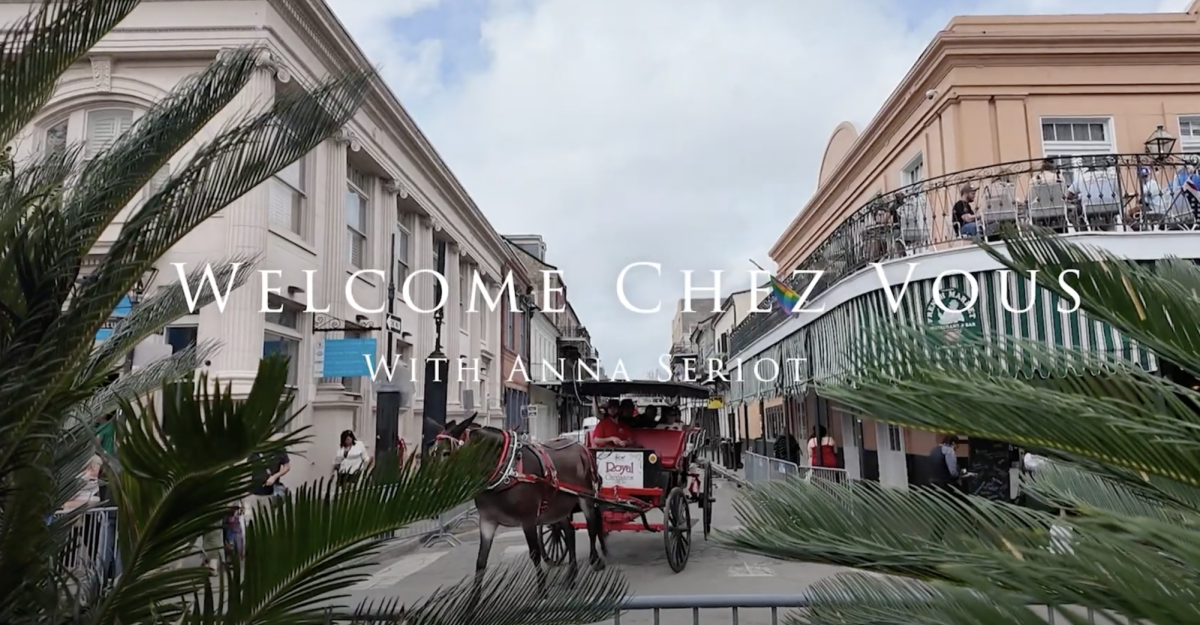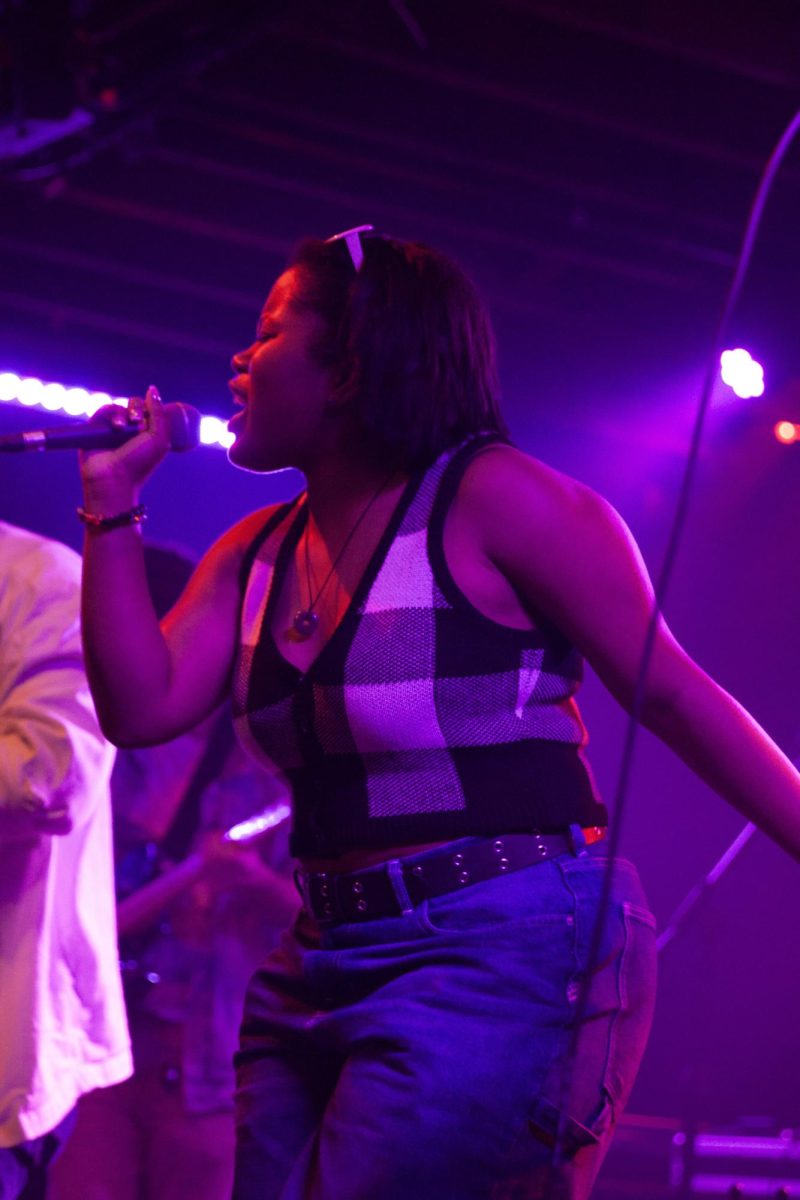Although women were not formally allowed to register in the College of Arts and Sciences until the mid-1950s, women were present at Loyola as students almost from the time the university was chartered.
The first women graduated from Loyola in 1913.
They were students in the School of Pharmacy, which amalgamated with Loyola that year.
Loyola’s early bulletins explicitly encouraged women to come to Loyola to study pharmacy, which Loyola touted as a particularly good profession for women.
Loyola added schools of law
and dentistry in 1914.
The first woman graduated from Loyola’s School of Dentistry in 1917, and the first woman graduated from Loyola’s Law School in 1920.
More women joined Loyola’s student body when an evening program in commerce and finance was initiated in 1918.
In the 1920s, Loyola educated hundreds of nuns and lay-women teachers through its summer school and Saturday extension programs.
Women also began teaching at Loyola in the 1920s.
At a time when it was extremely rare for women to teach at anything other than women’s colleges, women taught in Loyola’s summer school and the first full-time female professor joined the day school in 1928.
Loyola’s first fraternity, the Beggars, was formed in 1923.
Loyola’s women were not far behind. Female pharmacy students formed Loyola’s first sorority, Lambda Tau Lambda, in 1924.
The number of women students increased in the 1930s when the New Orleans Conservatory of Music joined Loyola in 1932, a med-tech program was launched in 1935, and a Department of Education was established in 1938.
Loyola’s student council gained its first female members when three female music students were elected in 1932.
When the number of male students at Loyola drastically decreased as a result of the draft during World War II, women supplied not only numbers but also leadership.
In 1942, 10 of the 14 staff members of the yearbook, The Wolf, were women, and in 1943 the entire editorial staff of The Maroon was female.
In the mid-1950s, the formal limitations on the subjects in which women could major in disappeared.
Women had earlier taken journalism courses, but the program only formally admitted women majors in 1951.
After Ursuline College closed in the mid-1950s, all remaining restrictions on the subjects in which Loyola women could major were removed.
Bernard Cook is a history professor at Loyola. He is currently on sabbatical in Europe and is working on a book about the history of Loyola University New Orleans.
He can be reached at







